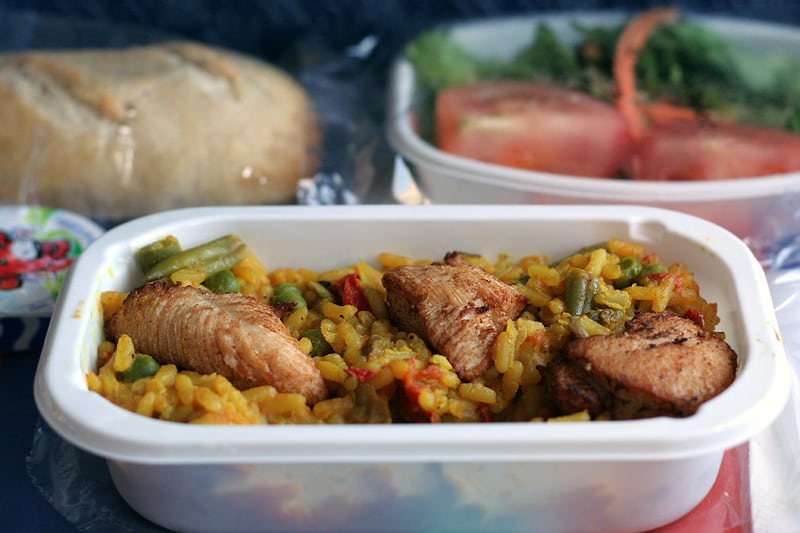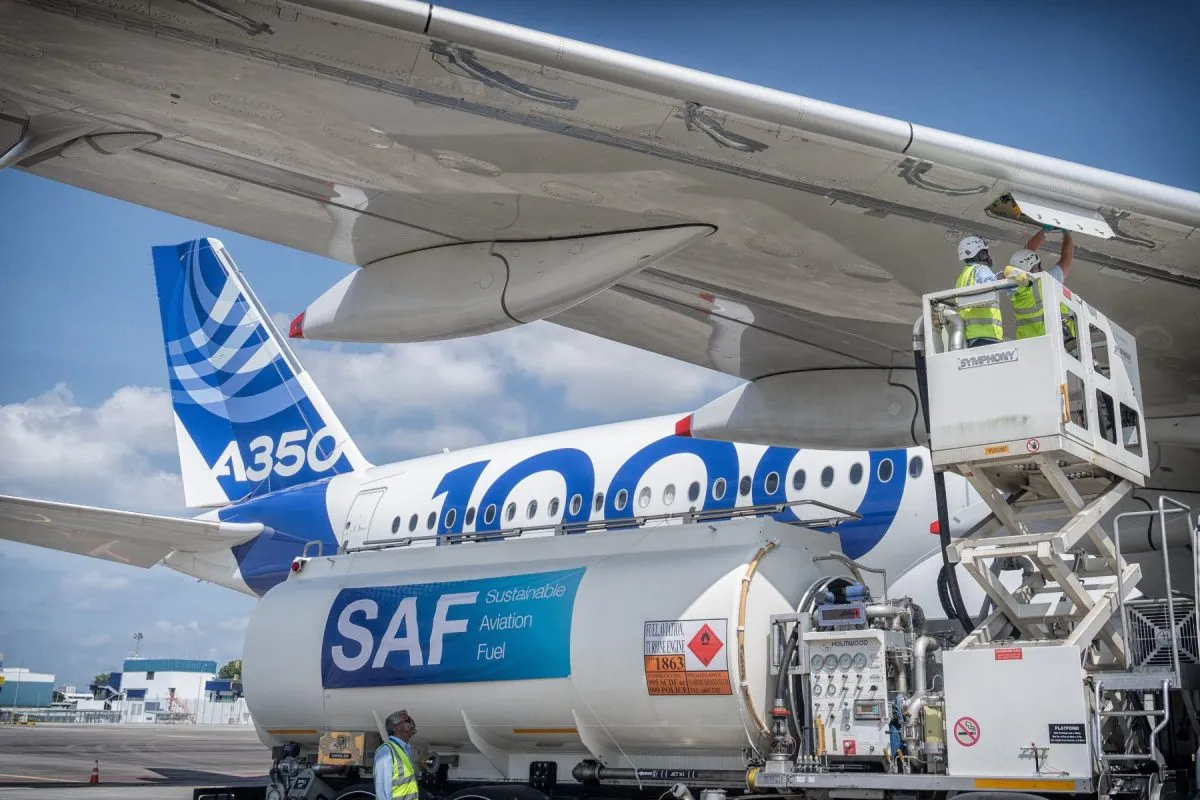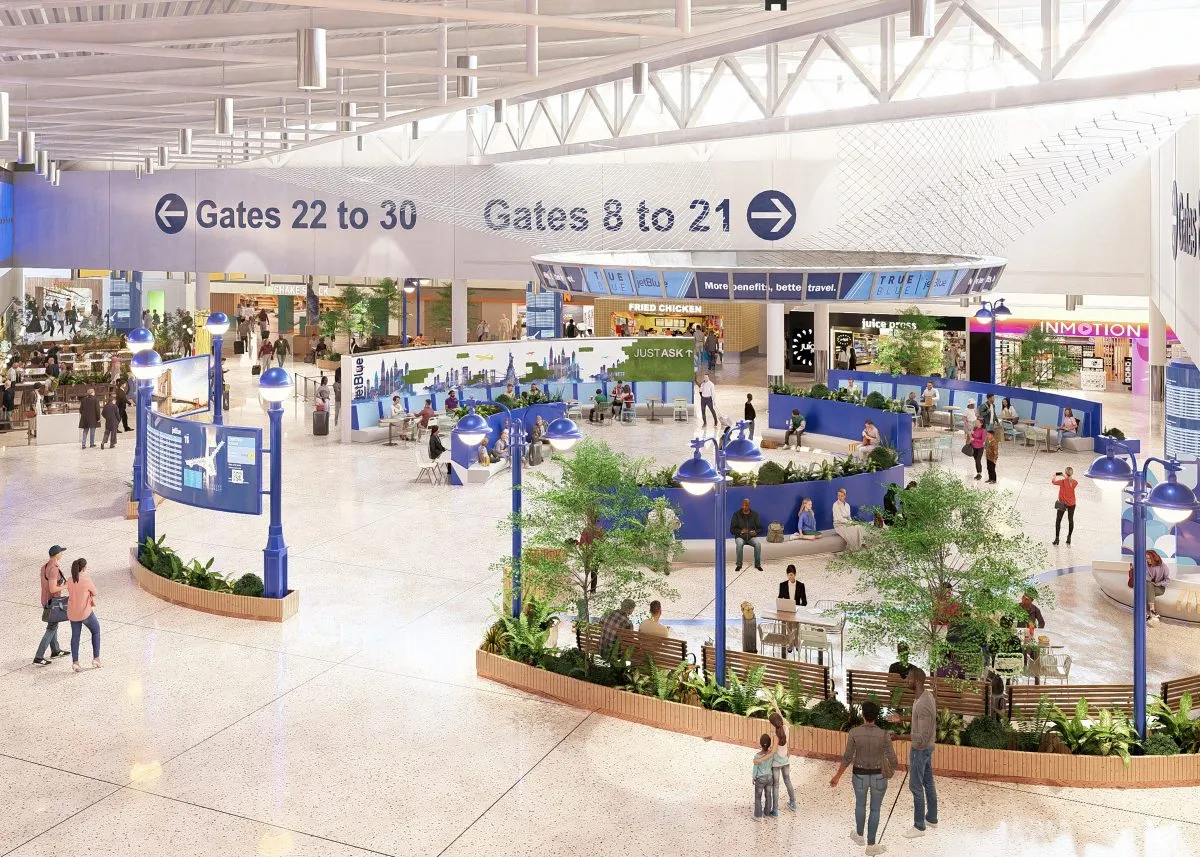Lufthansa Partners With German Online Food Retailer to Deliver Airline Food On The Ground

Skift Take
Some airlines now bring celebrity chefs into the kitchen to prepare in-flight meals and offer a tasteful array of new snack options, although these food items don’t always get eaten or finished.
But that isn’t stopping German online food retailer Allyouneed from making a pivot and bringing airline food to the ground.
Air Food One, a new project of Allyouneed, is in the middle of an eight-week pilot determining the demand of a service it hopes to make available across Germany next year.
The company partnered with Lufthansa and LSG Sky Chefs, a subsidiary of the airline, to bring airline food to those customers part of the pilot throughout Germany. Customers even get a choice of classic or vegetarian, just like in the sky.
“Lufthansa is also a big carrier of food on the ground in addition to its in-flight food products, so it made sense to partner with them for our latest project” said Max Thinius, a spokesperson for Allyouneed. “We weren’t trying to go into airline food, but we’re a long-time partner of Lufthansa and they’re able to accommodate our needs.”
Because Lufthansa already produces meals for customers on the ground, it didn’t have to make increases to its ground food supply for the pilot, says Thinius. Since selling airline food is an unexplored concept, the pilot is the first market analysis for the company on accessing the need for this service.
“Lots of our clients phoned us with an idea like this, ‘We are a family of four, my husband and I are both working and our children come home at different times in the evening, from sports, music, etc,’” he said. “‘We like to cook fresh, however, sometimes there simply is no time to cook. Do you have something in between fresh and convenient?’”
Air Food One delivers food fully prepared and cooled, not frozen, and these are the same kinds of meals served on aircraft and follow the meal schedule of LSG Sky Chefs.
Regardless of the pilot's results, Allyouneed’s decision to test-drive the sale of airline food raises the related question of what airlines are doing with their leftover or uneaten food.
LSG Sky Chefs was unable to provide data for how much food gets thrown away, or give breakdowns on how much food is discarded on international flights versus U.S. domestic flights as leftover food product isn’t separated at its facilities.
Kersten Lau, a spokesperson for LSG, added that newspaper, magazines, cardboard boxes from deliveries, aluminum, Tetra beverage cans and plastic foils are all recycled. Food that cannot be recycled is incinerated and deposited into an approved landfill, as mandated by U.S. federal law.
Both American Airlines and Delta send leftover food products to landfills, but federal law also allows airline staff to share uneaten and unopened food product upon arrival for domestic flights.
For international arrivals, all food must be incinerated, regardless if it was opened or not. Neither airline provided data for how much food product gets incinerated compared to how much is recycled on average from each flight.
“Sealed, packaged food products such as pretzels or peanuts may be provisioned to multiple flights, but using historical consumption data to provision an aircraft means it would be rare for packaged food items to remain on an aircraft for longer than a few flights,” said Kate Modolo, a Delta spokesperson.
With thousands of flights each day, airlines leave heavy waste footprints. Despite efforts to be conservative, the amount of waste product from airlines still largely depends on passengers.
“Delta works to minimize the amount of waste by adjusting fresh food provisioning levels for domestic and international flights based on consumption history, which can be impacted by time of day or length of flight for a given route,” said Modolo.
It’s unlikely consumers will want to buy airline food to save the environment, but knowing there is often uneaten food provides opportunities for other airlines to potentially follow Lufthansa’s and LSG's lead.
Air Food One charges $12 for each delivery, an affordable price point for families and the elderly, another focus group of the pilot. The meals are also likely fresher than what an airline passenger would receive, since the food is prepared directly at ground facilities and delivered straight to customers’ doors, bypassing the waiting period the food would normally spend on an aircraft and at storage facilities.




